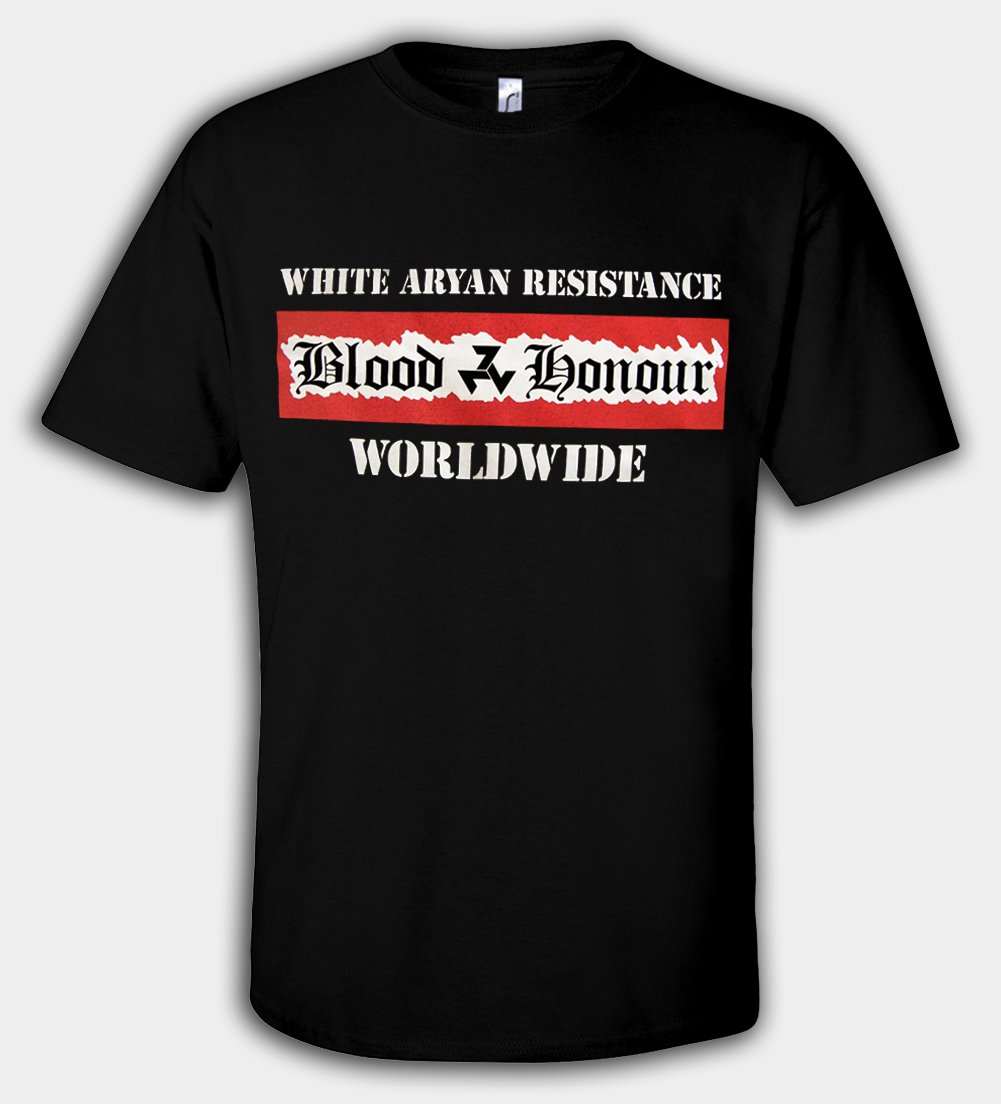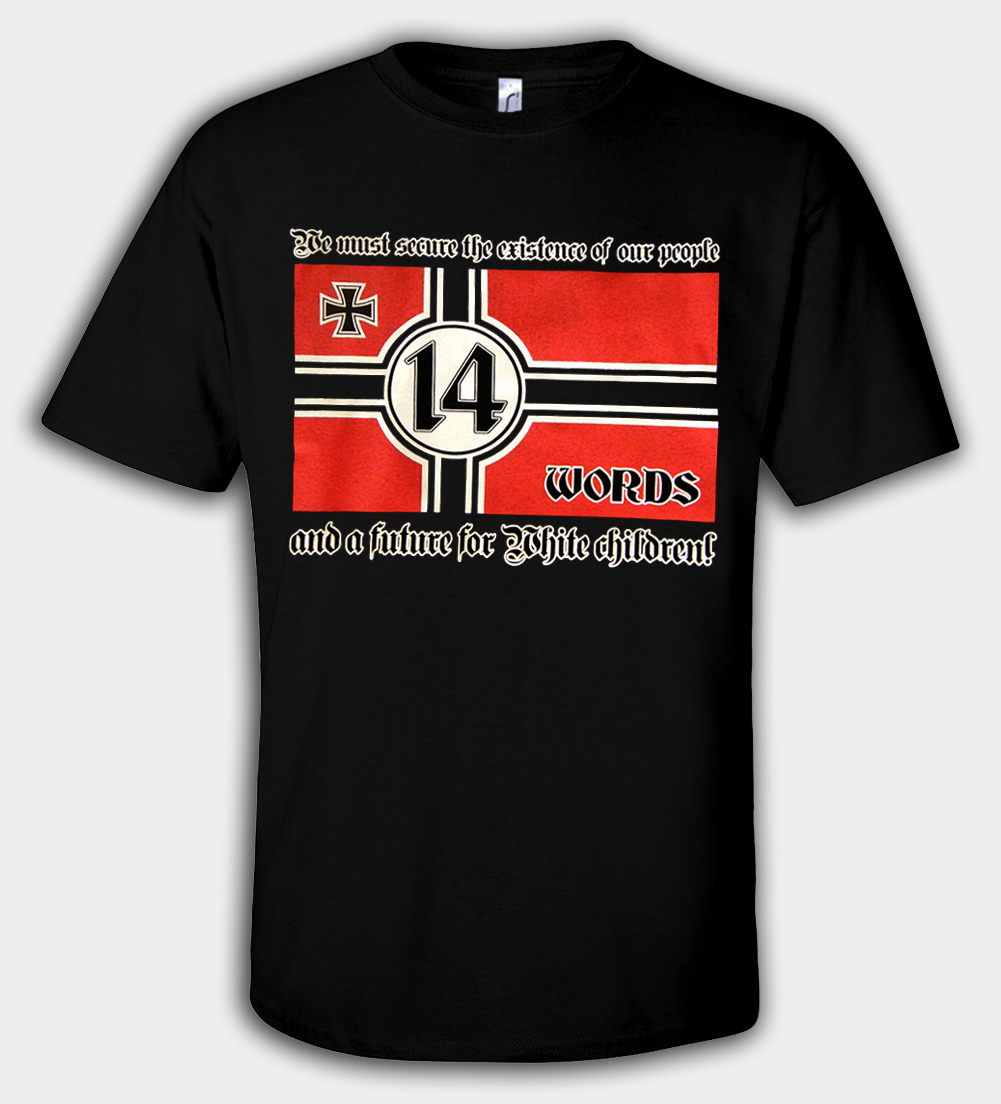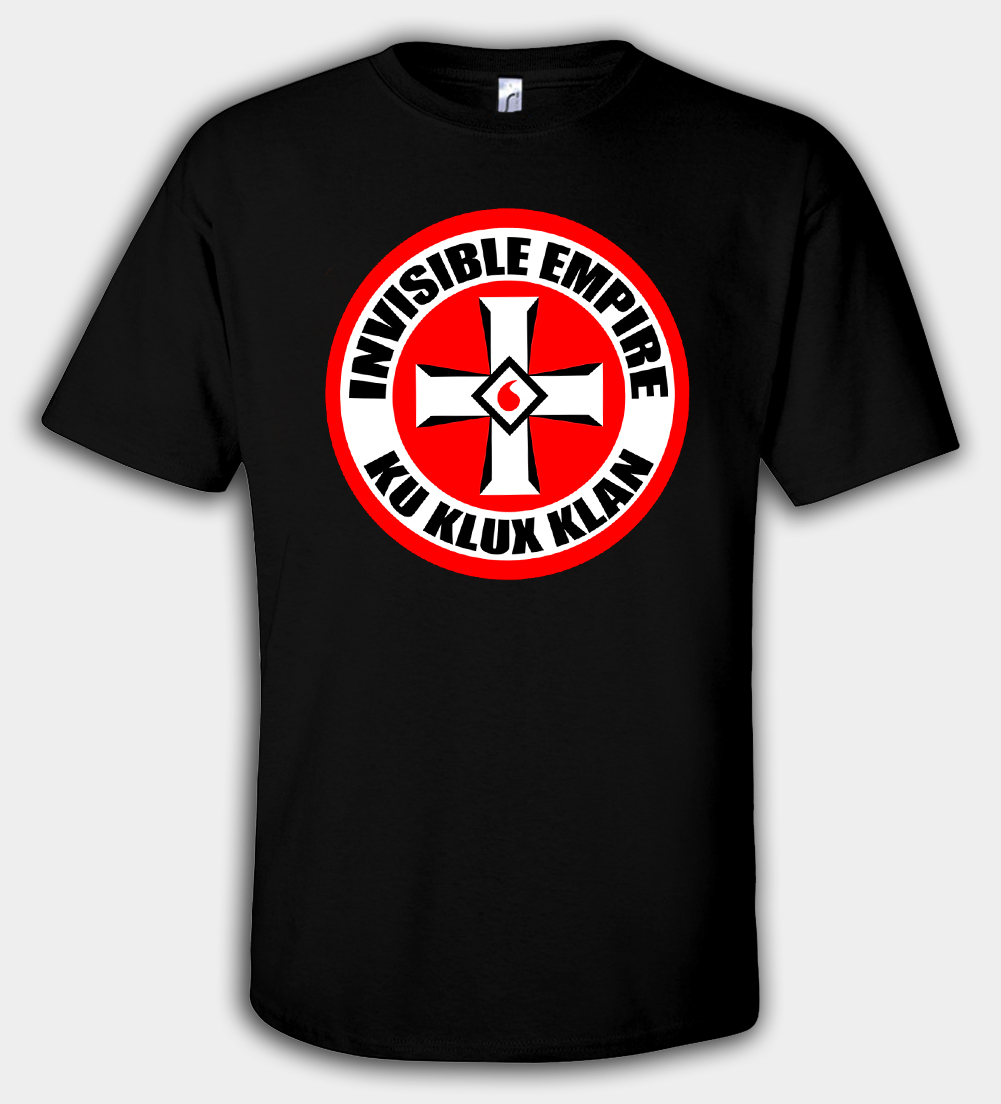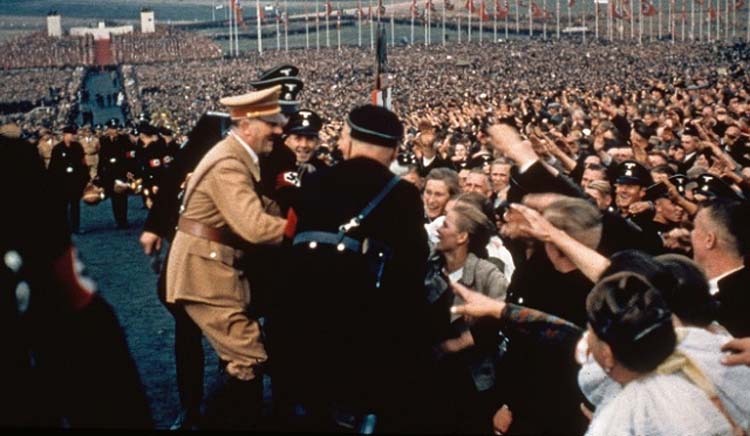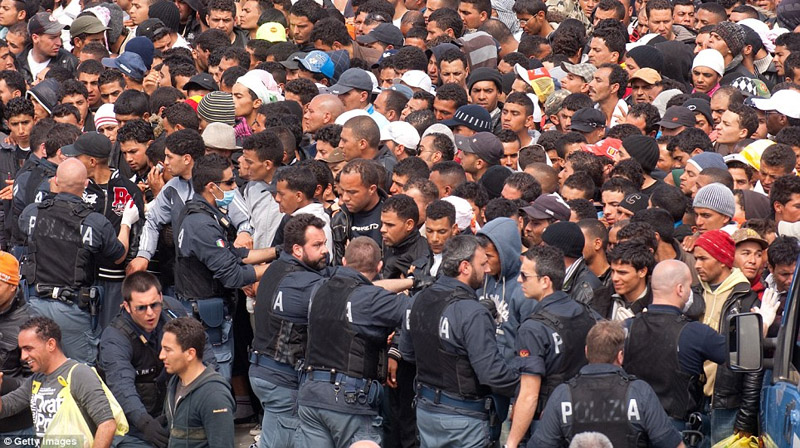Mein Kampf: The world’s most dangerous book?
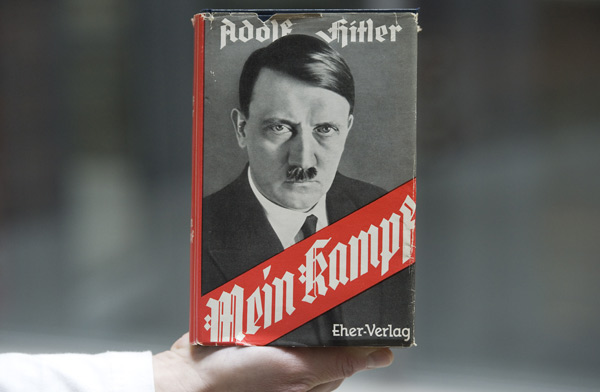 Adolf Hitler’s Mein Kampf falls out of copyright in Germany at the end of 2015.
Adolf Hitler’s Mein Kampf falls out of copyright in Germany at the end of 2015.
What will happen when authorities can no longer control its publication and distribution? A new BBC programme examines the "dangerous issues".
From BBC:
“They wanted to replace the Bible.” Whispering in a hushed room of the Bavarian State Library, rare books expert Stephan Kellner describes how the Nazis turned a rambling, largely unreadable screed – part memoir, part propaganda – into a central part of the Third Reich’s ideology...
As Mein Kampf comes out of copyright – meaning that, in theory, anyone could publish their own editions in Germany – a new programme on BBC Radio 4 explores what authorities can do about one of the world’s most notorious books.
According to the producer of Publish or Burn, which will be broadcast on January 14, it remains a dangerous text. “The history of Hitler is a history of underestimating him; and people have underestimated this book,” says John Murphy, whose grandfather translated the first unabridged English language version in 1936.
“There’s a good reason to take it seriously because it is open to misinterpretation. Even though Hitler wrote it in the 1920s a lot of what he said in it, he carried out – if people had paid a bit more attention to it at the time maybe they would have recognised the threat.”
Hitler began writing Mein Kampf while in prison for treason after the failed 1923 ‘Beer Hall’ putsch in Munich, outlining his racist, anti-Semitic views. Once he gained power a decade later, the book became a key Nazi text, with 12m copies printed; it was given to newly married couples by the state and gold-leaf editions were displayed prominently in the homes of senior officials.
At the end of World War Two, when the US Army seized the Nazis’ publisher Eher Verlag, rights for Mein Kampf passed to the Bavarian authorities. They ensured the book was only reprinted in Germany under special circumstances – but the expiration of its copyright in December 2015 has prompted fierce debate on how to curb a publishing free-for-all.
“The Bavarians have used copyright to control republication of Mein Kampf but that control is coming to an end – what happens next?” says Murphy. “This is still a dangerous book – there are issues with neo-Nazis, and a danger of people misinterpreting it if it’s not put into context.”
Some question whether anyone would want to publish it – according to the New Yorker, “It is full of bombastic, hard-to-follow clauses, historical minutiae, and tangled ideological threads, and both neo-Nazis and serious historians tend to avoid it.”
Yet the book has become popular in India with politicians who have Hindu nationalist leanings. “It is considered to be a very significant self-help book,” Atrayee Sen, a lecturer in contemporary religion and conflict at the university of Manchester, tells Radio 4. “If you take the element of anti-Semitism out, it is about a small man who was in prison who dreamt of conquering the world and set out to do it.”
The removal of context is one of the fears of those opposed to republication. In Publish or Burn Ludwig Unger, spokesman for the Bavarian Ministry of Education and Culture, says: “The result of this book was that millions of people were killed, millions were maltreated, whole areas were overrun with war. It’s important to keep this in mind and you can do that when you read certain passages with appropriate critical historical commentary.”
When the copyright expires, the Institute for Contemporary History in Munich plans to bring out a new edition of Mein Kampf that combines the original text with a running commentary pointing out omissions and distortions of the truth. Some victims of the Nazis oppose this approach, and the Bavarian government withdrew its support for the Institute after criticism from Holocaust survivors.
Yet suppressing the book might not be the best tactic – an op-ed in the New York Times argued that: “The inoculation of a younger generation against the Nazi bacillus is better served by open confrontation with Hitler’s words than by keeping his reviled tract in the shadows of illegality.”
Murphy acknowledges that a global ban on the book is impossible. “This is more to do with the Bavarian authorities making a point, rather than really being able to control it. They have to take a stand, even if in the modern world it won’t prevent people getting access.”
Publish or Burn’s presenter Chris Bowlby argues that symbolic actions still matter. After the copyright expires, the state plans to prosecute using the law against incitement to racial hatred. “From our point of view Hitler’s ideology corresponds to the definition of incitement,” says Ludwig Unger. “It’s a dangerous book in the wrong hands.”
Popular products:
Recent news:
- The Dark Side of the "Liberation of Europe"
- "Former Republics of the USSR are on their Way to a Nazi Revival", Says Influential Zionist Group
- Mein Kampf: The world’s most dangerous book?
- Xenophobia Rising: Rome Removes Africans from Refugee Centre Besieged by Nationalists
- "If Jews Leave, Europe will Face Economic Disaster", Jewish Leader Warns
- Angry, White and Proud: New Documentary on English Nationalism (VIDEO)
- Golden Dawn Leadership to Stand Trial on Hitler’s Birthday
- Wreck of Kriegsmarine U-boat Located in Java Sea
- Germany’s Biggest Anti-Racism Crusader Pleads Guilty to Child Porn
- Dutch "Multicultural" Students Resist Holocaust Education
- In Germany, Fanta Ad that "Forgets Evil Nazi Past" is Pulled
- Dutch Police Investigate Sale of Soap Supposedly Made From Jewish Holocaust Victims’ Remains
- In London, Teacher Fined For Posting Hitler Picture With Words "You Were Right"
- Falsely Accused Czech Publishers of Adolf Hitler Speeches Seek Compensation
- Race Riots Coming to Toledo: National Socialists Plan Return for Demonstration after a Decade
- VIDEO: Nationalists Confront Antifa Protesters at Arizona State University
- Italians are Resisting Mass Non-White Immigration
- "Jews using Holocaust to Suck the Blood of Germans," Egypt TV Host Says (VIDEO)
- UK: "This Flat is for Blacks Only": Shocking Racist Campaign to Force White Mum Out of Home
- Norway Deports Record Number of Muslim Immigrants
- Italian Anti-Immigration Rally Draws Thousands of Nationalists in Rome
- Anti-Semitism Spreading Across Europe, Says Study
- The Witch Hunt Continues: Ex-SS Medic, 94, Charged with Mass Murder against Jews
- Jews Demands United Nations Condemn Iran’s Holocaust Cartoon Contest
- Anti-Semitic Chinese Shirts Seized by the Cops in Italy

